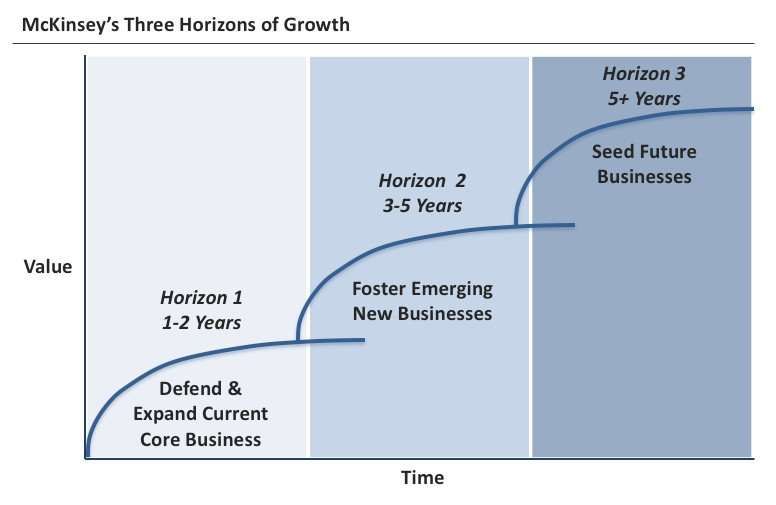The latest research, insights, tools, and resources that make managing a digital shop easier,
Agencies don't (really) pay commissions
TL;DR
Sustainable growth requires sensible compensationTo grow an agency sustainably, you need to create repeatable ways to generate revenue. I go into this in detail in my Repeatable Revgen for Digital Agencies Guide. A core component of those systems is compensation. How will you reward the individuals who make those systems work? We got a peek into this in our latest Digital Agency Salary Guide. Unfortunately, what we saw wasn’t encouraging. Digital agencies don’t really pay commissions. If we look at how agencies compensated salespeople in 2023, only 8% of their total compensation was variable. This 92:8 base:variable split stands in stark contrast to other industries where a 60:40 split is standard. This causes some serious issues: Improperly aligned compensation plans make it harder to attract and retain sales talent, they don’t incentivize the right actions, and they don’t appropriately share upside benefits or downside risk. Attraction and retentionI’ve had the pleasure of meeting a few outstanding salespeople over the years. I love chatting with them. The really good ones are exactly who you’d want to grab a beer with. They’re an entirely different species than the stereotypical sales archetype. Something they all share is an excitement for the process. While not pushy, they understand there’s a natural inertia that prevents change, even if it’s for the better. It’s exciting to guide people through that inertia. While enjoyable, the end of that process can feel a bit strange. There isn’t a tangible marker of success. This is especially true with everyone being remote now. Maybe there’s a post in #general, or a shoutout during the all-hands call, but there’s rarely more. The commission they earn is really the only “thing” that marks their success. But it’s not just cash, it’s recognition and respect. Understanding this and communicating it with a properly aligned compensation plan can help attract and retain quality sales talent. IncentivesI won’t wade too deep here because there are some INCREDIBLY boring monsters lurking just below the surface of the ocean that is human resources. With that said, the goal of a compensation plan is to incentivize certain actions. Many leaders have learned that people are complex. Getting too creative with incentive plans can backfire rather quickly. At the same time, plans that are too simple can be just as bad - see the Paperclip Apocalypse (PDF warning). A properly structured compensation plan will reward actions and outcomes that are directly within the individual’s control in a simple manner. This means rewarding your BDRs and SDRs for setting meetings and the number of sales-qualified leads that pass through. Tie your account executive's variable comp. to closed quality deals. Financially reward account managers for retaining and growing current accounts. Risk sharingThis section is pretty self-explanatory. If revenue goes up, the people responsible should make more money. If revenue goes down, the people responsible should make less money. Sharing the downside risk gives your firm an automatic buffer against economic downturns. Revgen is often one of the first areas cut when things go sideways. If you have some level of flexibility vs. a fixed salary, you can help keep people longer and your agency becomes less susceptible to economic shocks. Sharing the upside helps your agency retain quality talent. The average employee turnover at digital agencies in 2021 was 26%. That was during a fantastic year for most when sales grew 25% Y/Y. I bet that turnover percentage would have been lower had more of that upside been shared. Thinking deeper about revgen comp.I’m not some HR or sales compensation expert, but I’ve done enough research on this industry over the last 9+ years where I’ve noticed some patterns. It seems like too many agencies are relying on fixed compensation models which leads to some serious challenges. I hope this helps you think through how you compensate your revgen team. Maybe it’ll help you build a shop that’s a bit more sustainable. Wanna work together? I help agency leaders build sustainable companies with advice based on the best research on the industry. Reply to this email if you’d like to chat more. Until next time, -Nick |
Research & Strategy for Digital Agencies
Nicholas Petroski
The latest research, insights, tools, and resources that make managing a digital shop easier,
TL;DR The shape of your agency’s revenue can have a massive impact on your valuation and your ability to grow sustainably. The balance between projects and retainers is the main component of your revenue profile. Fast-growing agencies completed about 25% more projects than the slow-growing ones while having about 20% fewer retainer clients. Recent market dynamics are forcing a shift away from retainers and toward projects. Client concentration is another major revenue profile component. For...
TL;DR Most revgen strategies exist scattered across a bunch of Google docs with no single source of strategic truth to refer back to. This creates friction, which slows growth and reduces profitability. Creating a doc to house high-level summaries of the components of your revgen strategy allows you to check new ideas (shiny objects) against it effectively. The time your leadership devotes to strategy work will change as your agency grows, with larger shops generally spending more time than...
TL;DR The value of a digital agency is directly related to the quality of its leadership and management. There are three core areas that you need experienced managers to lead: Revgen, Value delivery, and Ops. You can build your management team through acquihires, hiring from bigger agencies (but not too big), and hiring from industry. Don’t be afraid to remove those who don’t fit. As you fill out your management team, level up your agency’s sophistication by setting a solid strategic...
